Biographies:
This project would not have been possible without the support of the following people.
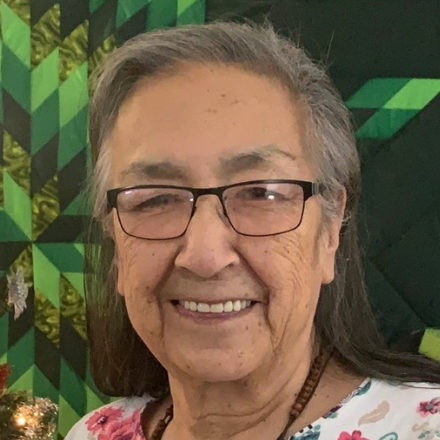
Nelliane Cromarty
Nelliane Cromarty currently serves as a Grandparent for the Manitoba Aboriginal Language Strategy (MALS) representing the Anisinineemowin language group. She is thankful to have retained her language in spite of her residential school experience and has spent her whole life dedicated to teaching and sharing her mother tongue, Anisinineemowin. Nelliane was born on a trapline at Island Lake, Manitoba. She began in 1969 as a teaching assistant to begin incorporating the language into the school in her home community of St. Theresa Point. She continues working there today in an elder advisory capacity. At various times, Nelliane took breaks from teaching to take on leadership roles in the community. A language warrior, she has been a staunch advocate of language revitalization for more than forty years, long recognizing the importance of language documentation. Nelliane hopes that the Speak Indigenous campaign can encourage young people to take up their language, and she endorses the use of technology to attract learners and to spur language revitalization to take root in the community. Nelliane reminds us that being proactive in holding onto the language shows respect and honours who we are as First Nations people.
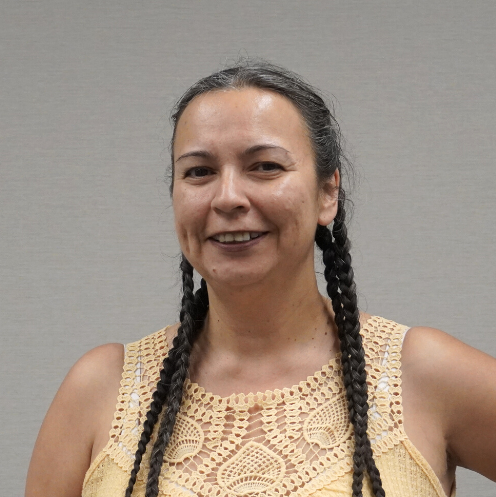
Tanya McDougall
Tanya Dawn McDougall is Nelliane Cromarty’s daughter and the granddaughter of Kathleen Mason, the first female councillor in the region. Tanya was born during her mother’s post-secondary training, thus beginning her journey as a lifelong scholar from birth. Tanya speaks Anisinineemowin, although not as fluently as she would like, and she holds two master’s degrees, one in Educational Administration from the University of Manitoba and one in School and Applied Child Psychology from the University of Calgary. She is the first female certified member of the Island Lake Search and Rescue Dive Team, referred to as Oogoogeek, and she Tanya dances for healing (jingle dress and Sundance). For Tanya, the language is the crucial holder and conveyor of the knowledge and values of her community. Tanya fears that if her community loses its language, which is on the verge of extinction, the people risk losing their identity. Tanya hopes that through the Speak Indigenous campaign, she can help build capacity and inspire a new generation of language speakers. For Tanya, the key to promoting Indigenous language learning is to value the language, encourage people, and create opportunities to learn and use the language.
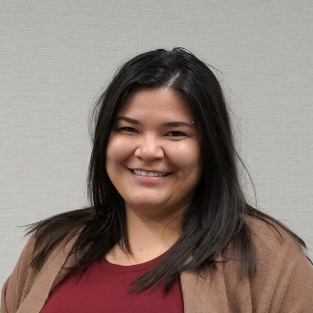
Starlett Beardy
Starlett (Star) Beardy is from the Pimicikamāk Cree Nation (Cross Lake), located in northern Manitoba, and is a fluent Ininīmōwin (Cree) speaker. Star attributes her fluency to the immersion she was exposed to throughout her life through family, community and language learning. This ignited a passion both for the language and for teaching it. Star learned how to read and write in Ininímowin throughout middle and high school, primarily through her Cree language teachers. For Star, Indigenous languages are vital because language shapes identity and informs and maintains our history; our languages carry spirit and hold many cultural teachings and protocols. Star is a passionate advocate for Indigenous languages, making Ininímowin visible in written and spoken word and creating safe spaces for Indigenous languages to exist. She believes that promoting Indigenous language learning requires access to language speakers and language advocates, as well as access to language/ knowledge keepers and Elders in schools. Star emphasizes that a commitment to inclusivity, openness, community and relationship building, in spaces where Indigenous and non-Indigenous peoples gather, is critical to language revitalization.
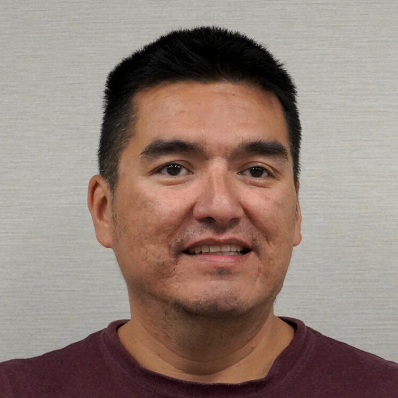
Glenn Tssesaze
Glenn Tssessaze was born in La Ronge, Saskatchewan but raised in the Denesuline communities of Wollaston Lake, Saskatchewan and La Brochet, Manitoba. Glenn’s first language is Denesuline, the only language spoken in the household in which he lived. Glenn conversed in Denesuline with other community members until he was a teenager. His mother, who is in spirit world, was bilingual, fluent in both Cree and Denesuline. Through her, Glenn learned to speak a few Cree words as a child. Glenn spoke English out of necessity in the school context. Glenn is grateful to have had the opportunity to interview some of the community members in the Denesuline language for his graduate studies and during his tenure as a school teacher in his home community. Through the Speak Indigenous initiative, he hopes to inspire Denesuline young people to connect with the beauty of their language. Denesuline allows Glenn to connect with his family, the people of his community, the culture and the land in a beautiful way. Glenn believes that languages can heal, and that reclaiming and speaking our languages plays a key role in re-learning our land-based knowledge.
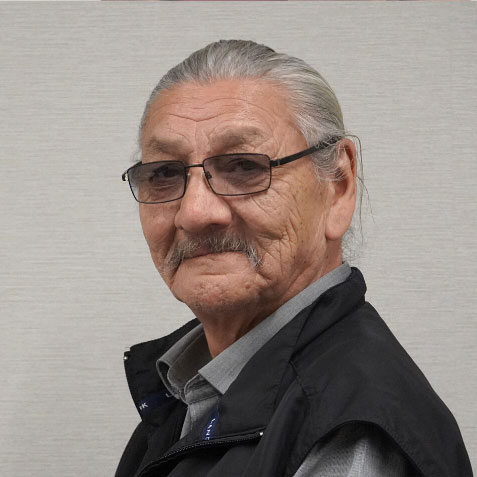
Wilfred Andrew Wood
Wilfred Andrew Wood was born at Opa-wah-ka-sihk near the community of Nelson House now known as Nisicawayasihk. Andrew was raised by his uncle and aunt, who taught him the important teachings, culturally rooted guiding principles and customs of his people. They also taught him his Cree language. He enjoyed learning about the value of the land, particularly what it could provide pertaining to the six seasons. Andrew is a day school and residential school survivor. His formal education began at eight years old. After grade 8, he was sent to residential school in Portage La Prairie, Manitoba. There, he never forgot what he was taught, even though the students were not allowed to continue practicing Cree culture. As a retired educator, Andrew is now committed to working to revitalize Cree knowledge and culture.
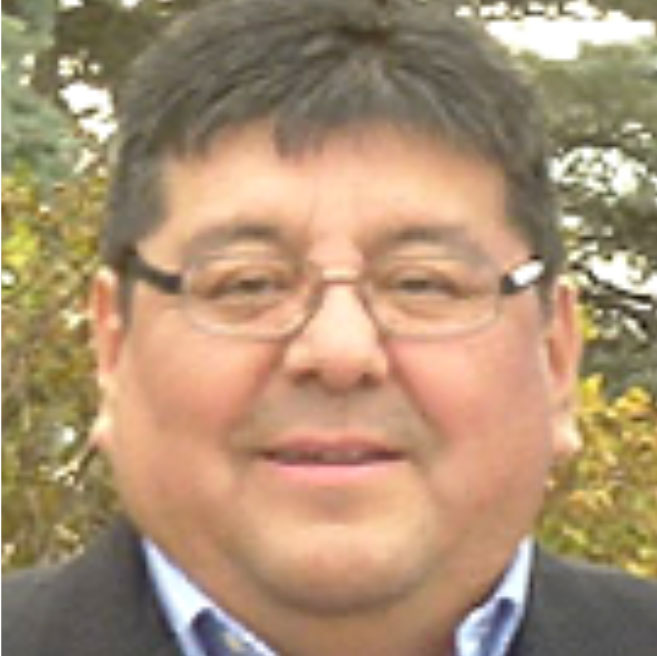
Dave Swanson
Dave Swanson was born in Norway House, Manitoba and is a fluent Ininímowin (Cree) speaker. As a teacher, he has taught Ininímowin in schools and uses the language to promote its use to the youth. Dave desires to see young people learning the language, as it gives rise to an appreciation for the ancestor’s way of life and it carries the history of the people. The Speak Indigenous campaign encourages not just Indigenous people but all treaty people to be aware of the history of the people and land and to acknowledge the original inhabitants of these territories. Dave believes that learning and relearning the languages creates opportunities to learn Indigenous histories, stories, and many other aspects of the Inini (Cree) way of life; in fact, the language contains all that we need to know to live a good life. Dave asserts that the ideal way to revitalize Indigenous language learning is to creative spaces where learners are be immersed in the language on a daily basis.
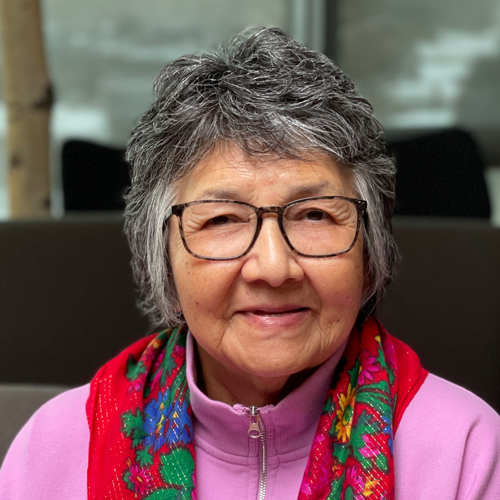
Lynda Neckoway
Lynda Neckoway I was raised in Gillam, Manitoba, speaking Cree as a child. My parents did not attend residential school. We lived off the land, which provided our food and medicines. My grandfather, a medicine man, helped heal people up and down the Canadian National Railway bay line, and as children, we helped him to search for and gather various medicinal plants. I completed high school in The Pas and returned to Gillam. I got married and have two beautiful boys.
After working in the field of social services and workerd for Fox Lake Cree Nation for 17 years, I decided to further my education. I completed the Nechi Institute on Addictions and Community Wellness Diploma Program followed by the Community Centered Therapy Program at Red River Community College.
I am an artistic and optimistic person, and I believe in creating a healthy relationship with ourselves and with others. I see the beauty in our people and our language.
Ekosi
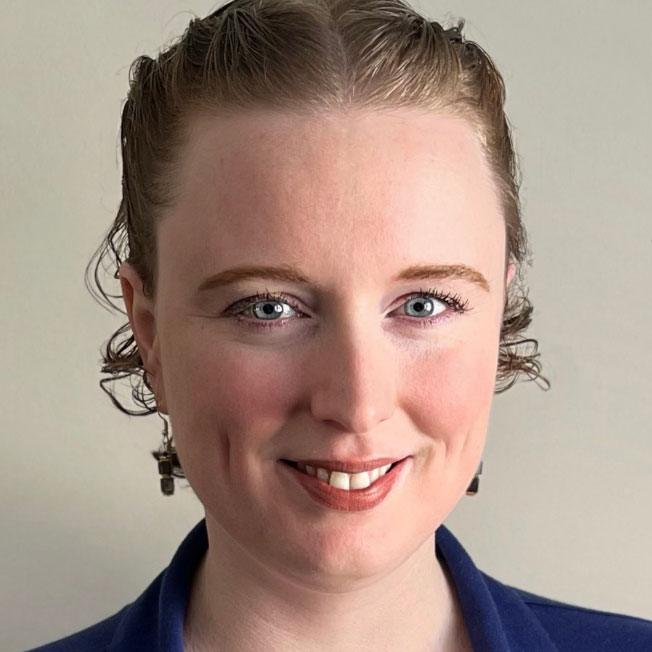
Allyson Brinston
Allyson Brinston, from Edmonton, Alberta, volunteers for various community organizations and programs that help young people revitalize and reclaim their ancestral languages. She dedicates her time and efforts to actively decolonizing spaces and making language speakers feel safe through various projects and workshops. Allyson is currently finishing her honours degree in Linguistic Anthropology and will be starting her master’s degree in September 2023. In her master’s program, Allyson will be working on Indigenous language integration into modes of technology such as language learning apps or VR. Outside of research and community involvement, Allyson enjoys gardening and travelling. She is a mom to three boys (aged ten, five and four) and a beloved bernedoodle.
